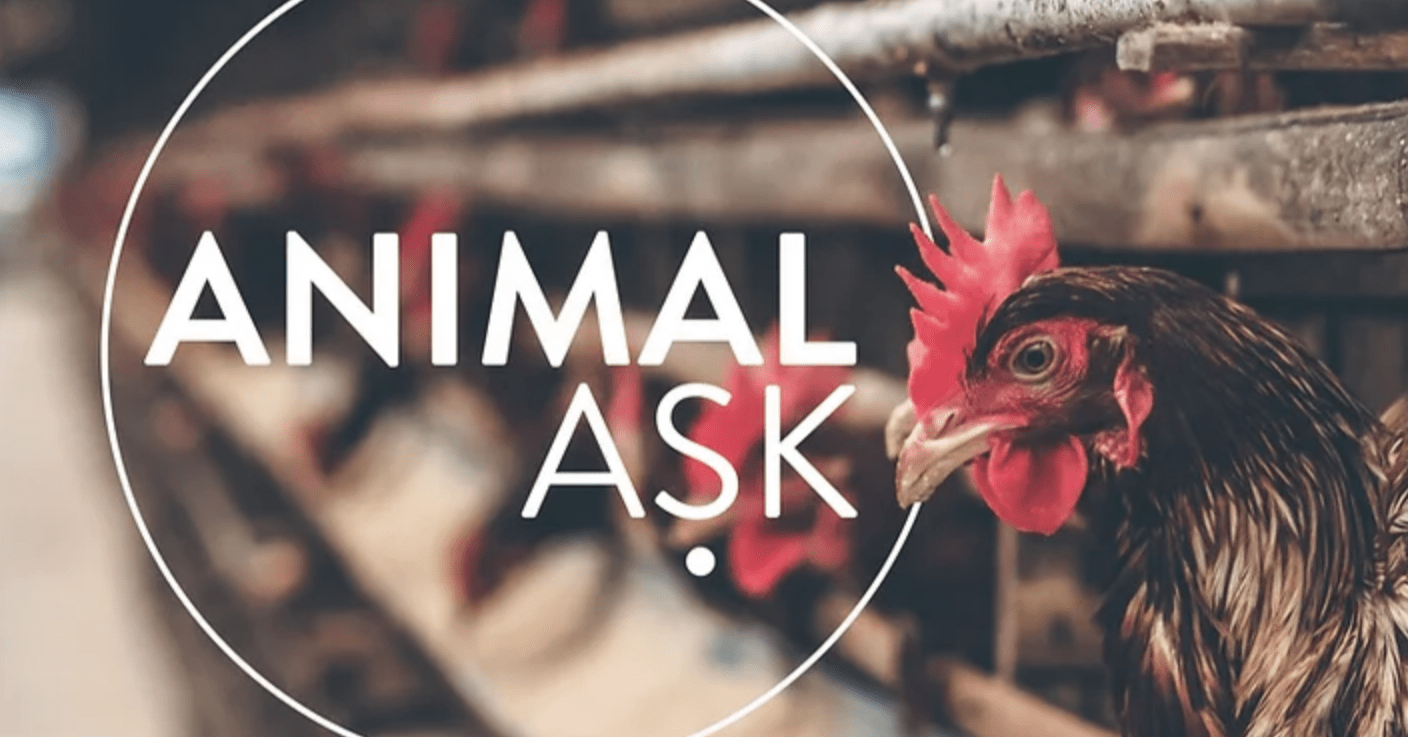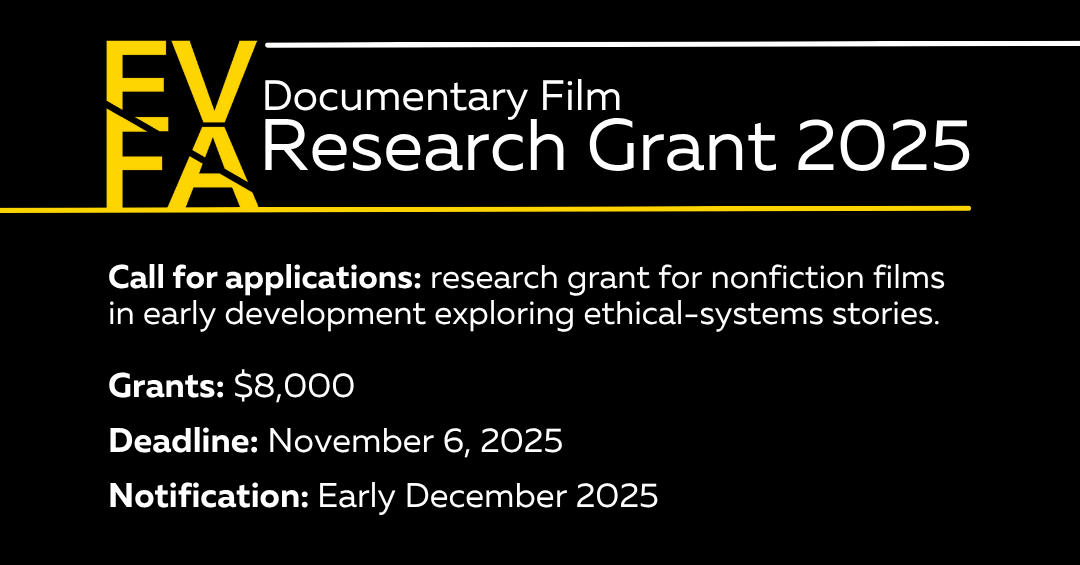Acknowledgements
Many thanks to Scott Behmer for reviewing this report and for the experts who generously lent their time during the interview process.
Executive summary
Shareholder activism is a method of achieving change by buying the shares of corporations and leveraging the rights associated with that partial ownership. It has seen increasing use over the years, including many cases where the principal motivation is the public good, rather than corporate reform to maximise shareholder profit.
Shareholder activism relies on the unappreciated fact that, fundamentally, corporations are owned by their shareholders and there are automatic rights associated with that. It can be seen as the ultimate form of insider activism, since the approach reliably gives you the opportunity to talk directly with company board members.
Depending on the number of shares owned, there are a number of formal mechanisms to achieve this change. Shareholder activism is possible with remarkably few shares in the company as independent shareholders may be enlisted to support the proposal. However, this requires awareness and buy-in from the other shareholders, and so shareholder activism benefits from coordination with a broader campaign on the subject to provide that.
Shareholder activism should be done as part of an expert and dedicated group, or at least in coordination with one, since there are specific procedures that must be followed to avoid having the proposal dismissed on a technicality, and thereby block future advocacy attempts on that issue.
Shareholder activism has seen tremendous success as an advocacy tool with some significant successes relating to animal advocacy. The literature on shareholder activism generally supports this picture.
Furthermore, we think there are opportunities to increase the amount of shareholder activism work being done for animal advocacy, though this should be done carefully as there are risks associated with any cavalier implementation of shareholder activism, including from lack of coordination with existing shareholder activist groups.





Thanks so much, Alene! And thanks for making others aware of this opportunity